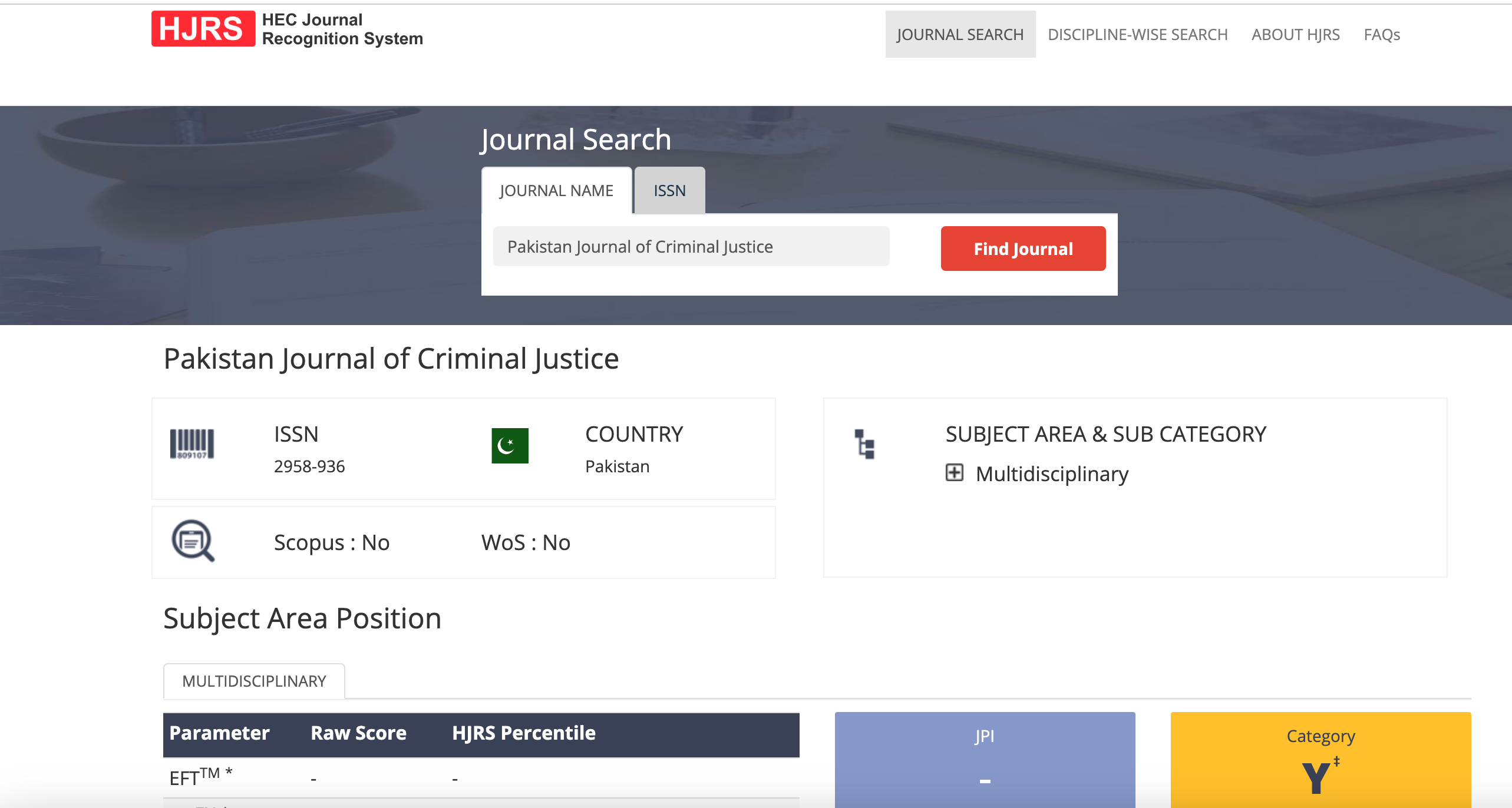Access to Justice; Informal Justice System and Principles of Human Rights
DOI:
https://doi.org/10.62585/pjcj.v4i1.90Keywords:
informal justice, human rights, minorities right, access to justiceAbstract
This research identifies the effects of informal judicial formation on human rights according to the concept of Legal pluralism. Legal pluralism assumes the fact of the coexistence the diverse set of legal procedures inside a particular culture and such system includes state judicial system and informal or traditional judicial systems. The answer to this lie in the search for a practical, multi-layered approach, namely, a valid pluralist approach that considers the challenges, experiments and opportunities resulting from the variety of legal frameworks and their effects on human rights. It, as a matter of fact, is based on the multidisciplinary approach which combines social, legal and anthropological opinions, while conducting qualitative research, for instance, with the help of case studies, interviews, and legal document inspection. It keeps its focus on different cultural frameworks that bring to the table a wide array of experiences and types of socialized authorities ever present in the context of informal judicial systems. A contrastive research which has been designed in order to point out facts about an influence, in different places and times, of non-classified systems of judiciary on human rights. Legal pluralism leads to consideration of complex issues of human rights and the relationship between these rights and the informal justice system. These findings, in short, illuminate the mechanisms of how alternative justice systems at the grassroots level can be actors of human rights promotion, as well as a possible source of a repudiation of such principles. The study concentrates on the pillars which support legal pluralism and the context which creates it, and on the application of this pluralistic pluralism both to the informal justice systems and human rights.
Downloads
Published
How to Cite
Issue
Section
License
Copyright (c) 2024 Mian Sajid Sultan, Samza Fatima

This work is licensed under a Creative Commons Attribution-NonCommercial 4.0 International License.





